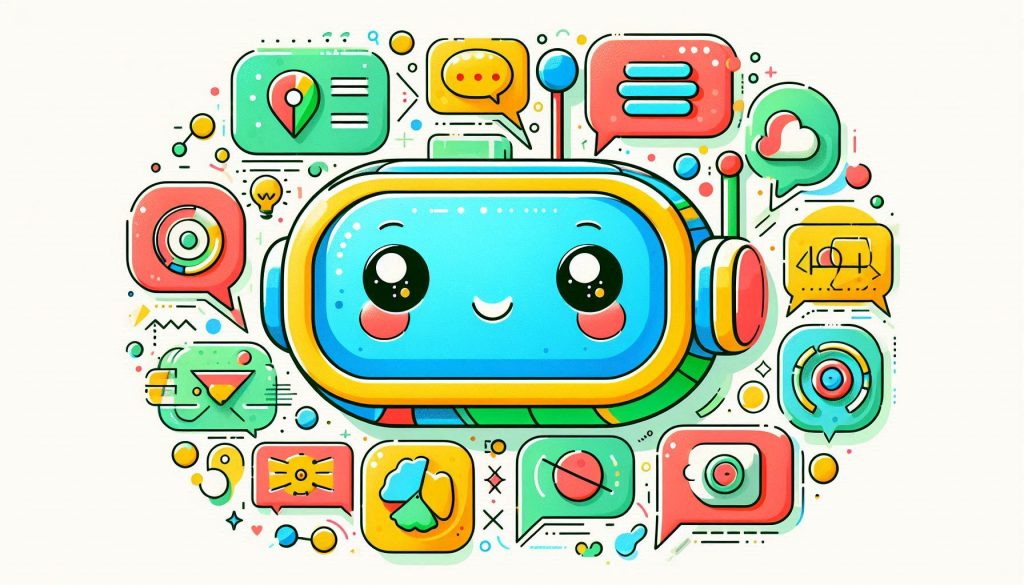
How AI Will Shake Up the Workplace Over the Next 5 Years
The workplace is about to change in ways that will make the past decade look like a warm-up act. AI isn’t just another buzzword—it’s the force quietly reshaping how jobs are done, who does them, and what skills matter most. If you’re looking for a job (or hoping to keep yours), understanding where AI is headed could make all the difference.
The Robots Aren’t Taking Over, But They Are Clocking In
Let’s clear something up: AI isn’t here to replace everyone. But it will change what “work” looks like. The key shift? AI is handling repetitive, time-consuming tasks—so humans can focus on the stuff that requires creativity, empathy, and strategic thinking.
Think about it: customer service chatbots are already handling routine inquiries, leaving human agents to tackle more complex problems. AI-powered tools are scanning medical images faster than radiologists, but doctors still make the final call. In finance, AI flags suspicious transactions, but human analysts determine what to do next.
If your job involves anything repetitive—data entry, scheduling, document processing—AI is already eyeing those tasks. But instead of fighting it, the best move is to work with it.
The Rise of the “AI Sidekick”
Here’s the good news: AI isn’t just taking tasks off your plate—it’s also making workers more efficient. Think of AI as your ultra-efficient, never-tired assistant.
Tools like ChatGPT, Grammarly, and Jasper are helping writers speed up content creation. Coders are using GitHub Copilot to write and debug faster. Marketers are letting AI crunch data to predict customer trends. Even lawyers are using AI to review contracts at lightning speed.
What does this mean for job seekers? Employers are looking for candidates who can collaborate with AI—not fear it. If you can show that you know how to use AI tools to boost productivity, you’ll have an edge over candidates who resist change.
New Jobs, New Skills: The AI Job Boom
AI isn’t just changing old jobs—it’s creating brand-new ones. Over the next five years, expect to see more roles like:
- AI Ethics Specialists – Companies need people who can make sure AI systems are fair, unbiased, and used responsibly.
- Prompt Engineers – Yes, writing prompts for AI is turning into a real job. Knowing how to ask the right questions can make AI produce better results.
- AI Trainers – Machines need human guidance. AI trainers help refine systems by feeding them data and correcting mistakes.
- Human-AI Collaboration Experts – Businesses need pros who can integrate AI into workflows without disrupting everything.
If you’re in a field that’s being touched by AI (which is every field), start thinking about what skills you can develop to stay ahead.
Soft Skills Are More Valuable Than Ever
With AI handling the technical heavy lifting, employers are doubling down on skills that machines can’t replicate—at least, not well.
- Emotional intelligence – AI can analyze data, but it can’t read a room or navigate office dynamics.
- Critical thinking – AI can generate reports, but it can’t decide which strategy is best for a company’s future.
- Creativity – While AI can generate ideas, it still takes a human to turn them into something meaningful.
- Communication – AI can summarize emails, but it can’t hold a persuasive conversation with a skeptical client.
These “human” skills will only grow in value as AI takes over the routine tasks. If you can think on your feet, solve problems, and connect with people, you’re in good shape.
The Job Hunt: How AI Is Changing Hiring
Applying for jobs? AI is playing a much bigger role in the hiring process than you might realize. Applicant Tracking Systems (ATS) already scan resumes before a human ever sees them. AI-powered interviews, where an algorithm analyzes your answers and facial expressions, are becoming more common.
What does this mean for you?
- Tailor your resume for AI scanners. Use clear job-related keywords so the system recognizes your skills.
- Practice video interviews. Some companies use AI to analyze your tone and body language—so be aware of how you present yourself.
- Leverage AI tools for job searching. AI-powered job platforms can suggest roles that fit your skills, saving you hours of scrolling.
The goal? Understand how AI is filtering candidates so you can make it work for you, not against you.
AI Is a Tool—Learn to Use It
AI is like electricity: it’s not going away, and every industry is figuring out how to use it. The best thing you can do? Stay flexible, stay curious, and keep learning. Whether it’s a free online AI course, a certification, or just playing around with AI tools, getting comfortable with this tech will keep you competitive.
The next five years will bring massive changes to the job market—but those who adapt will thrive. Will you be one of them?